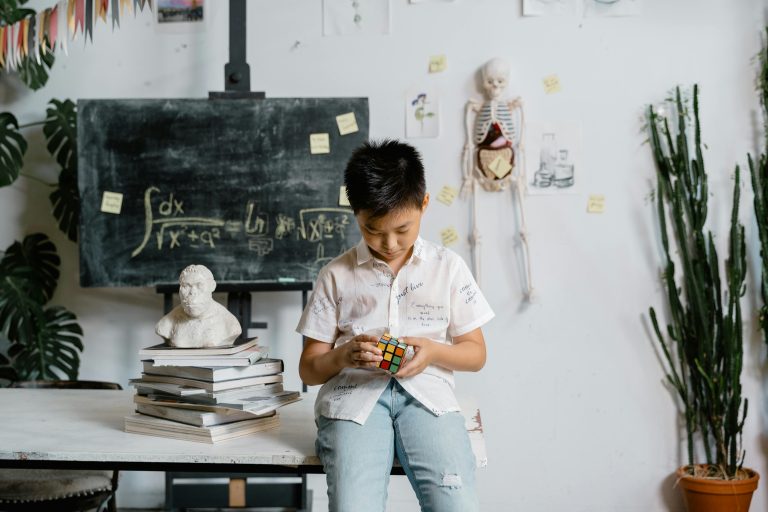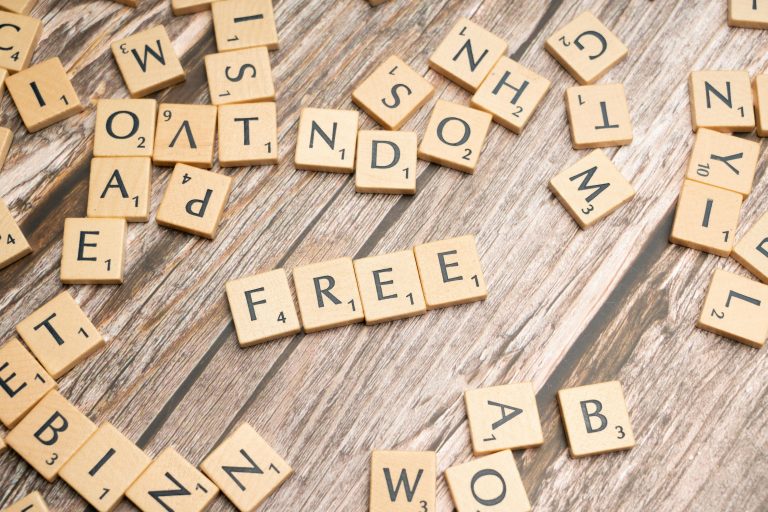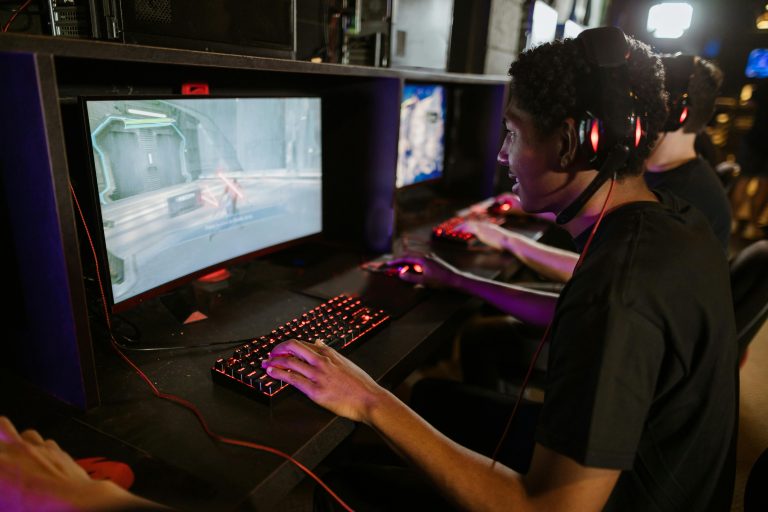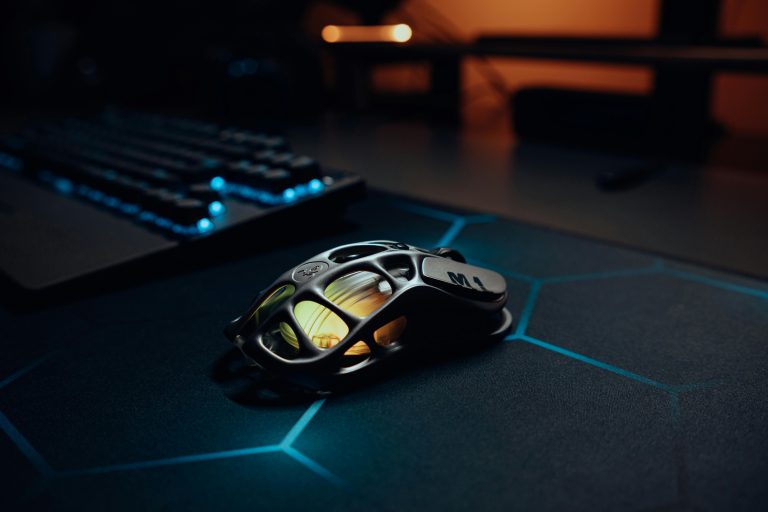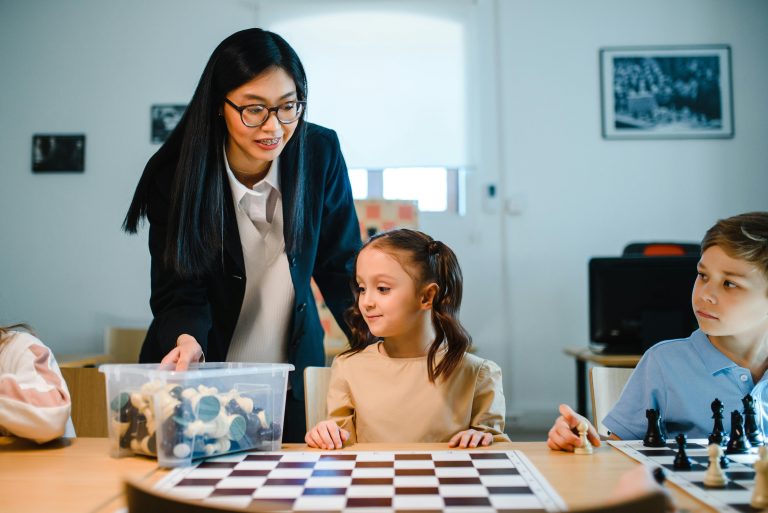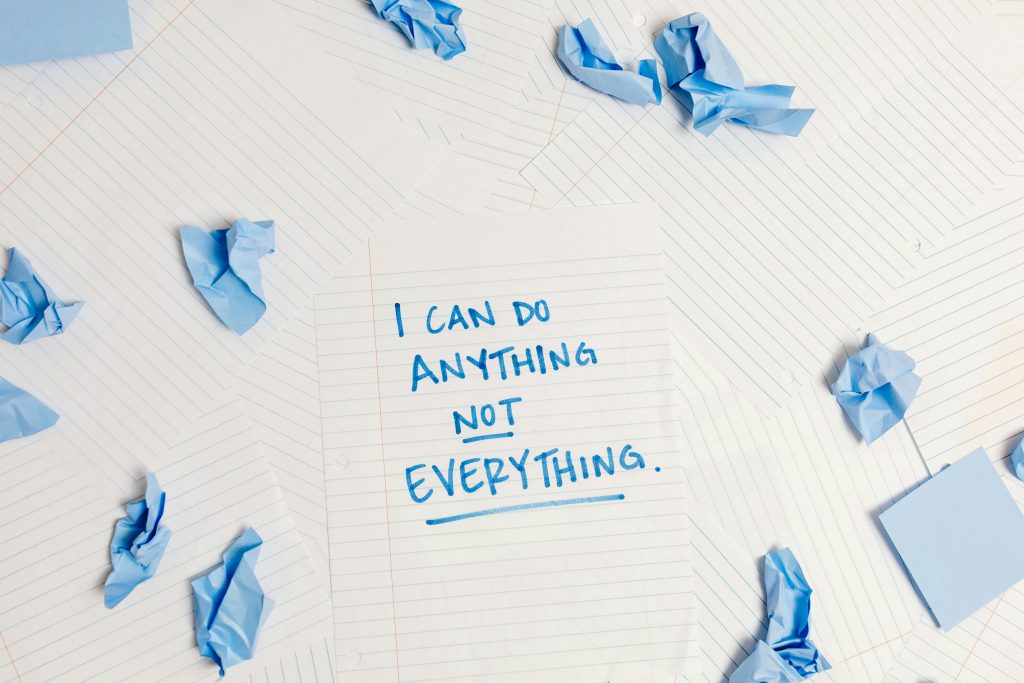
In a world of constant notifications, endless to-do lists, and the relentless pull of digital distraction, achieving true focus can feel like a superpower. We scroll through productivity hacks and time-management techniques, searching for the secret to a calmer, more efficient mind. But what if the key to unlocking laser-like concentration wasn’t a new app or a complex system, but a simple, timeless activity? What if the answer was a puzzle? From the strategic depths of a chess game to the satisfying click of a final jigsaw piece, puzzles are more than just a pleasant pastime. They are a rigorous workout for your brain, a proven tool for sharpening cognitive function, enhancing problem-solving skills, and, ultimately, boosting your productivity in every area of life.
The Cognitive Gym: How Puzzles Train Your Brain
Think of your brain as a muscle. Without regular exercise, it becomes sluggish. Puzzles are the ultimate form of mental cross-training, engaging and strengthening multiple cognitive domains simultaneously. When you sit down to solve a Sudoku grid, a crossword, or a logic problem, you are actively recruiting crucial mental resources.
This process builds neuroplasticity—the brain’s remarkable ability to form and reorganize synaptic connections, especially in response to learning or experience. Essentially, you are forging new neural pathways and reinforcing existing ones. This enhanced connectivity translates directly to improved mental performance. Key areas that get a workout include:
- Concentration: Puzzles demand sustained attention. To find a solution, you must immerse yourself in the task, effectively forcing your mind to ignore external distractions and internal chatter.
- Memory: Whether you’re remembering the rules of a puzzle, the clues in a crossword, or the shape of a jigsaw piece you saw five minutes ago, you are giving your short-term and visual memory a significant boost.
- Logical Reasoning: Puzzles are built on patterns, sequences, and rules. Solving them requires you to make deductions, test hypotheses, and think sequentially—all core components of logical thought.
From the Puzzle Table to the Desk: Translating Skills to Productivity
So, you’ve spent 20 minutes solving a puzzle and feel mentally invigorated. How does that directly impact your workday? The skills honed during puzzling are the very same skills that define a highly productive individual.
Enhanced Problem-Solving
Every puzzle is a problem waiting to be solved. A complex project at work is no different. The process of breaking down a puzzle into manageable parts—identifying patterns, testing different approaches, and persevering until you find a solution—is a direct rehearsal for tackling workplace challenges. You train yourself to approach obstacles methodically rather than becoming overwhelmed.
Improved Attention Span and Flow State
The deep focus required to solve a difficult puzzle is a state known as flow. Psychologist Mihaly Csikszentmihalyi describes flow as a state of complete immersion in an activity where time seems to disappear. By regularly practicing this state through puzzling, you make it easier to access during your work. You train your brain to dive deep into a report, a coding task, or a creative project with fewer distractions and greater efficiency.
Reduced Stress and Mental Clarity
Paradoxically, intense focus is incredibly relaxing. Engaging in a puzzle provides a healthy escape from daily stressors and anxiety. It acts as a form of meditation, calming the mind and allowing your brain to reset. A less stressed mind is a clearer mind. Returning to your work after a puzzling break, you’ll likely find your thoughts are more organized, your decisions are sharper, and your mental energy is renewed.
Choosing Your Mental Workout: A Puzzle for Every Mind
The beauty of puzzles is their incredible variety. You can choose a type that suits your mood and goals.
- Crosswords & Word Searches: Excellent for boosting vocabulary, verbal memory, and language recall.
- Sudoku & KenKen: Perfect for strengthening logical reasoning, pattern recognition, and concentration without the need for language skills.
- Jigsaw Puzzles: Fantastic for enhancing visual-spatial reasoning, patience, and seeing the “big picture” from small parts.
- Logic Puzzles & Brain Teasers: The ultimate workout for deductive reasoning, critical thinking, and structured problem-solving.
- Chess & Strategic Games: While not a puzzle in the traditional sense, these games demand foresight, planning, and tactical analysis, providing a deep and complex cognitive challenge.
Weaving Puzzles Into Your Daily Routine
You don’t need to dedicate hours each day to reap the benefits. The goal is consistent, mindful practice.
- The Morning Warm-up: Spend 5-10 minutes with a puzzle with your morning coffee. This wakes your brain up and primes it for a day of focused work.
- The Focused Break: Instead of reaching for your phone during a break, try a puzzle. This provides a true mental shift and prevents digital fatigue, making your break more rejuvenating.
- The Evening Wind-down: Working on a jigsaw puzzle or a non-digital puzzle in the evening can be a perfect way to decompress from screen time and calm your mind before sleep.
Start small, find a type you genuinely enjoy, and make it a habit. The key is to be present and engaged with the challenge, not just going through the motions.
Conclusion: Sharpen Your Mind, Sharpen Your Output
Puzzles are far more than simple entertainment. They are a powerful, accessible, and enjoyable tool for cognitive enhancement. By deliberately engaging your brain in focused problem-solving, you are building the mental muscles of concentration, memory, and logic. These skills don’t stay confined to the puzzle page; they spill over into your professional and personal life, leading to clearer thinking, more creative solutions, and a profound ability to focus amidst the noise. In the quest for peak productivity, sometimes the best step forward is to take a break, pick up a puzzle, and give your brain the workout it deserves. Unlock your laser focus one piece at a time.
